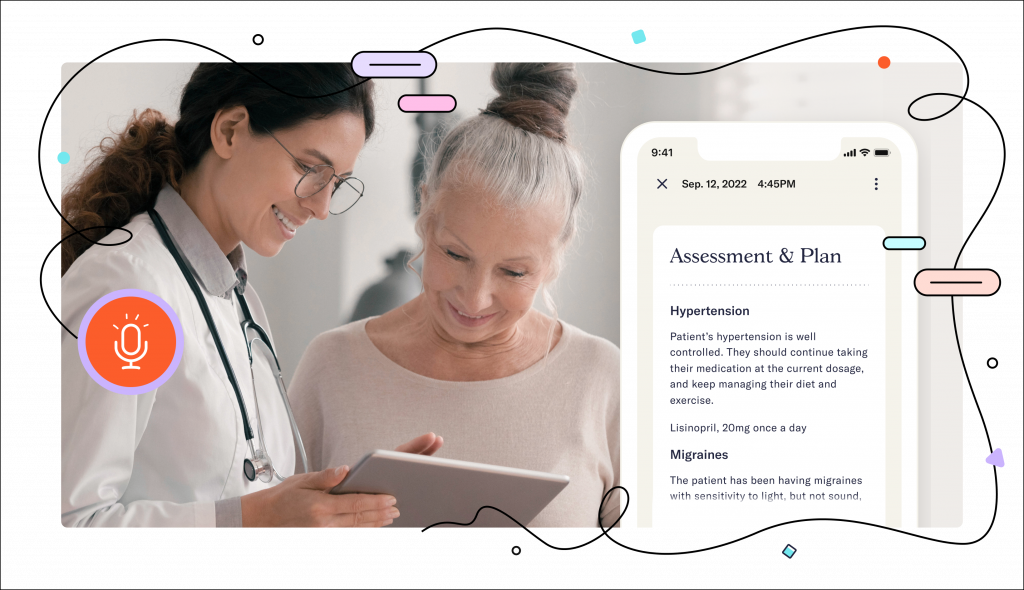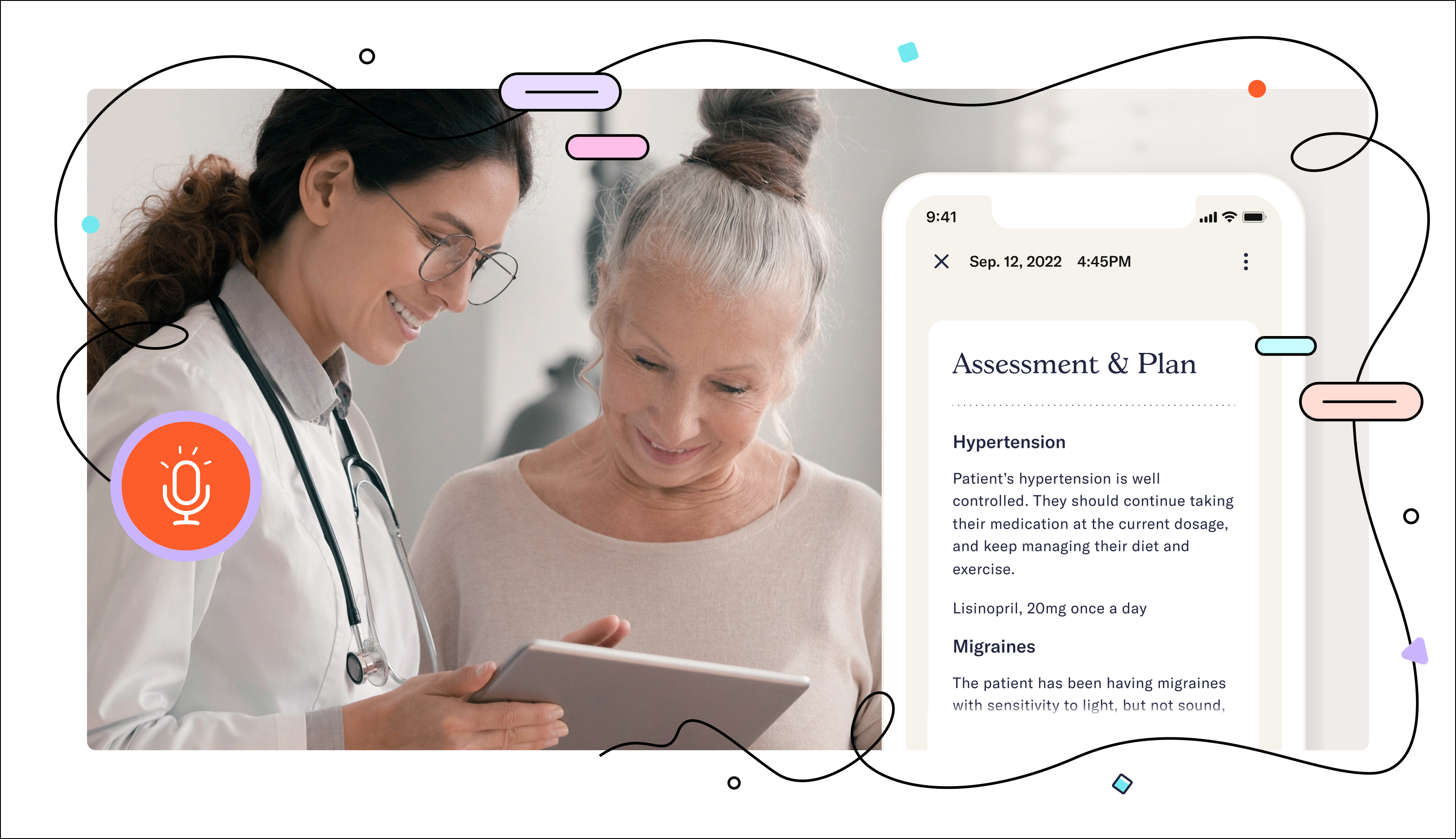
Abridge scores $12.5M, launches AI-powered medical notetaking tool for doctors – MedCity News

There’s an ocean worth of artificial intelligence-powered medical notetaking companies out there, from Nuance to DeepScribe to Suki to Corti. But Abridge contends that it’s different and investors appear to be listening.
On Thursday, Abridge announced it had closed an oversubscribed $12.5 million Series A funding round. Wittington Ventures led the round, which also had participation from UPMC Enterprises, Union Square Ventures, Bessemer Venture Partners, Pillar Venture Capital, Whistler Capital and Turing Award winner Yoshua Bengio.
The startup, which is based in Pittsburgh, was founded in 2018 by UPMC cardiologist Shiv Rao and two Carnegie Mellon University researchers, Sandeep Konam and Florian Metze. They created the company to alleviate physician burnout by decreasing “pajama time,” which refers to the hours clinicians spend entering clinical notes after work. U.S. physicians spend an average of nearly 2 hours each day completing documentation outside work hours, according to a recent study in JAMA Internal Medicine.
Rao argued that healthcare is driven by conversations. But he said neither physicians nor patients can remember these conversations very well.
“There’s good research that shows people forget up to 80% of what we’ve heard from doctors or nurses,” Rao said. “But the challenge is also significant on the professional side. We forget so much of what we tell patients, and then we have this huge challenge at night when we’re writing notes.”
Abridge now offers technology to help both patients and physicians with this problem. The company’s first solution, rolled out in 2020, is a patient app that listens to visits and bookmarks parts of the conversation where a physician gives instructions or next steps. The tool lets patients listen to a recording of the conversation and gives them a transcript of it. It can also provide patients with more information on their physician’s recommendations, such as what a certain procedure entails or the side effects of a suggested medication. About 20,000 patients use the app.
In conjunction with the announcement of its Series A funding, Abridge also launched a new solution for physicians. The tool listens to visits and creates a near-instant summary for physicians that follows their prototypical note structure, along with a full transcript of the conversation.
For example, say a cardiologist has a 30-minute visit with a patient. About 30 seconds after the conversation ends, the physician will be able to access an accurate, easy-to-read summary of the visit through the app. This summary weeds out all the irrelevant “small talk” parts of the conversation and includes categories for the patient’s allergies, medications, social history, symptoms, treatment plan and next steps, Rao said.
Abridge’s AI was trained on a proprietary dataset derived from more than 1.5 million medical visits. More than 2,000 physicians already use the startup’s physician app, according to the company.
As Abridge works to grow the number of physicians using its technology, it will have to stand out from the competition. Rao said there are a few key ways his company does this.
All of the startup’s competitors create transcripts and then use human scribes to put together useful notes, Rao claimed. Abridge is different because its technology produces a note summary at the same time as the visit transcript. The company is also the only one to integrate with telemedicine and call centers, whereas its competitors only work with in-person conversations, Rao declared.
He also argued that Abridge publishes more peer-reviewed papers on note-related physician burnout and how its technology is working to solve it than any other competing company. Rao said this was important because all healthcare AI companies should make an effort to be more transparent.
The last advantage Rao said Abridge has is the fact that it’s always ready to do live demos with prospective customers. As a former corporate venture capitalist at UPMC Enterprises, Rao said he was always surprised that none of the companies his health system was funneling millions into would offer them a demo of any sort.
After viewing a live demo, I could see how they could be attractive to providers. During the faux telemedicine visit we had, I got to see how quickly and accurately the tool worked. Using our less-than-stellar Zoom audio, the tool produced instant and accurate notes detailing every relevant aspect of our conversation.
UPMC is one its customers, and Rao teased the fact that Abridge will soon announce partnerships with one of the nation’s biggest health plans and one of its biggest pharmacy chains. Guess we’ll just have to wait to find out.
Photo source: Abridge